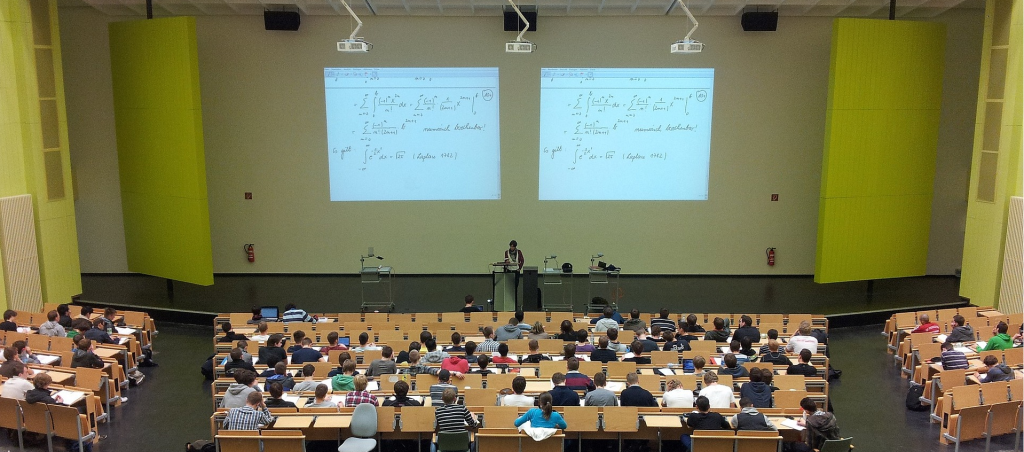
Mental Health Ministry Development & Support
Regardless of denominational affiliation, faith communities have the proven ability to foster life-preserving cultures, provide on-going social support, stability, and caring which can be useful in helping to prevent the tragedy of suicide.
Through our Mental Health Ministry Development (MHMD) program, GSPA endeavors to help faith based organizations develop and sustain individualized mental health ministries designed to meet specific congregational goals, available resources, and community needs.
Considering current information relevant to the role of religiousness and its potential to prevent suicide, religious leaders and communities of faith could truly be instrumental in providing pathways through human suffering experienced by countless members of our community plagued with suicidal thoughts and related concerns.

Bridges Initiative
Our Bridges program aims to connect faith based organizations encountering those in need of mental health services, to mental health professionals trained to help relieve mental distress.
Despite its identified positive influence relevant to suicide prevention, religion remains largely absent from important discussions relevant to suicide prevention and treatment program development.
The noticeable absence could be partially attributed to the long-standing divide between faith and mental health communities.
Nonetheless, there remains an urgent need to explore how religious resources can be successfully utilized to aid in the development and implementation of suicide prevention and treatment strategies aimed at reducing or stabilizing the ever increasing suicide death rate.

Gatekeeper Training
Crucial suicide prevention direct engagement, involves acquiring the knowledge and skills necessary to recognize the warning signs of a suicide crisis, becoming skilled at asking the right questions, persuading someone in distress to accept and seek help, and referring the person in need to the appropriate resources.
GSPA provides Gatekeeper Training to clergy members, teachers, first responders, and anyone positioned to recognize someone at risk of suicide. The training can be presented as an individual program, or as a conference breakout session.
Countless lives could be saved each year with the help of so many of us who care enough to learn the the most effective ways to lend a supportive hand.